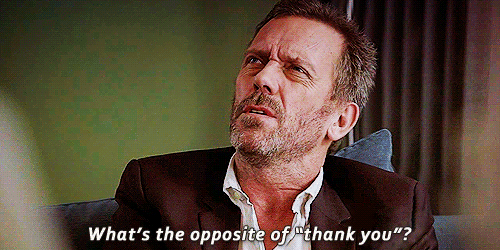adma
Superstar
And besides, over the past half century, a lot of Venturi/Scott-Brown readers have become, uh, educated in hotdog appreciation in their own right
http://en.wikipedia.org/wiki/Tail_o'_the_Pup
http://en.wikipedia.org/wiki/Tail_o'_the_Pup





